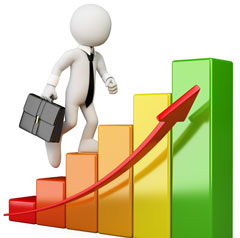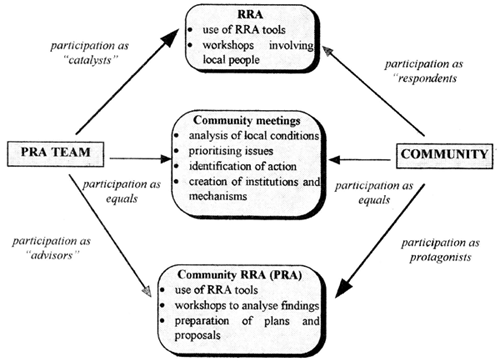In this post I will attempt to breakdown ‘Development’, a word which has become more widely used in recent years, while seeming to escape clear definition.

http://pacepowersystems.com/careers/career-development/#.V_TXY_ArKhc
 https://innovation.mit.edu/assets/slide-2-3-680×420.jpg
https://innovation.mit.edu/assets/slide-2-3-680×420.jpg
There are many different types of development, from personal development and business development, to property development and research development. So broadly speaking, development is dependent upon perspective and the things an individual or organisation wishes to achieve. But ‘International Development’ has its own, more specific meaning. All I had to do to see this difference was to search for my header image for this post online. I started by typing ‘Development’ into the image search engine (‘Development’ image search), and after realising I wasn’t getting anywhere then searched ‘International Development’ (‘International Development’ image search). So what was I met with then? Countless pictures of globes, world maps, and stereotypical images of African women and children in rural and agricultural landscapes. The image I chose from this rather unhelpful yet predictable bunch can be seen above. I was drawn to this image because I feel that it illustrates a clear message about development, which is that the world is in the hands of everybody (although there could be something to say about these hands being of a white person) and that it is therefore the responsibility of everyone to help make global change.
Before I started to look more deeply at development, this was my personal definition: ‘The improvement in standard of living such that inequality between rich and poor is reduced, while managing and reducing the effects of climate change and preserving the environment for future generations.’ However, the image above and my reading of some of Robert Chambers’ work has emphasised to me that ‘Development’ should not just be interpreted on a broad global scale, but as a personal, everyday issue no matter who we are or where we live. In ‘Responsible Well-Being – A Personal Agenda for Development’, Chambers argues that to add the personal element to development we must take part in “critical self-examination”. He continues by saying that before attempting to “do better” we must first understand ourselves; “how our ideas are formed, how we think, how we change, and what we do and do not do.” Later on in the same editorial, Chambers cites ‘The Human Development Report’ (1997) and the ‘World Development Report’ (1997) for their lack of emphasis on “the need for personal change” within their recommendations for development.

http://www.fao.org/docrep/006/w2352e/W2352E06.htm
Responsible well-being, on the other hand, is a concept which “puts the personal in the centre”. The phrase originates from the participatory rural appraisal (PRA) scheme and its “locally defined concepts of well-being, and personal responsibility”. I personally agree with Robert Chambers that the wealthy and powerful – especially the development policy makers of today – must take on the position of responsible well-being, to help improve the lives of the unheard and the poor. That is the means of ensuring development today.
Sources:
Chambers, Robert (1997) ‘Responsible Well-being: A Personal Agenda for Development’, World Development, Vol. 25(11):1743-1754
